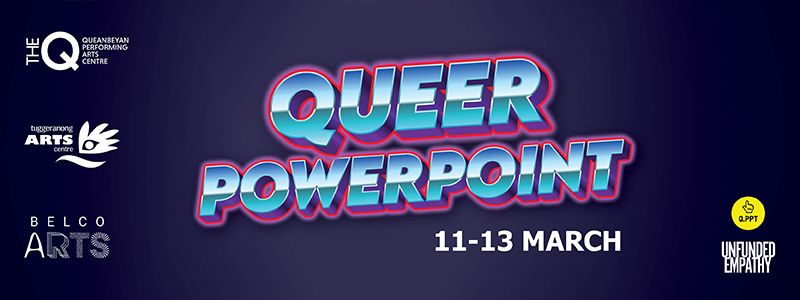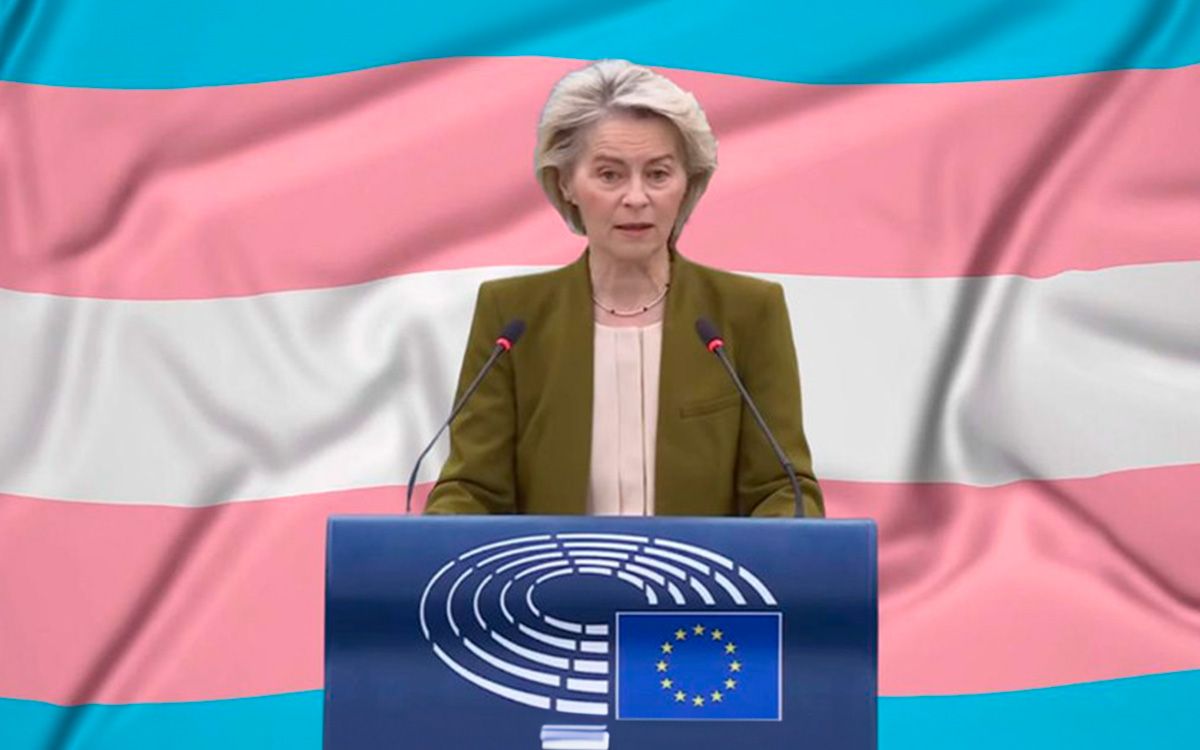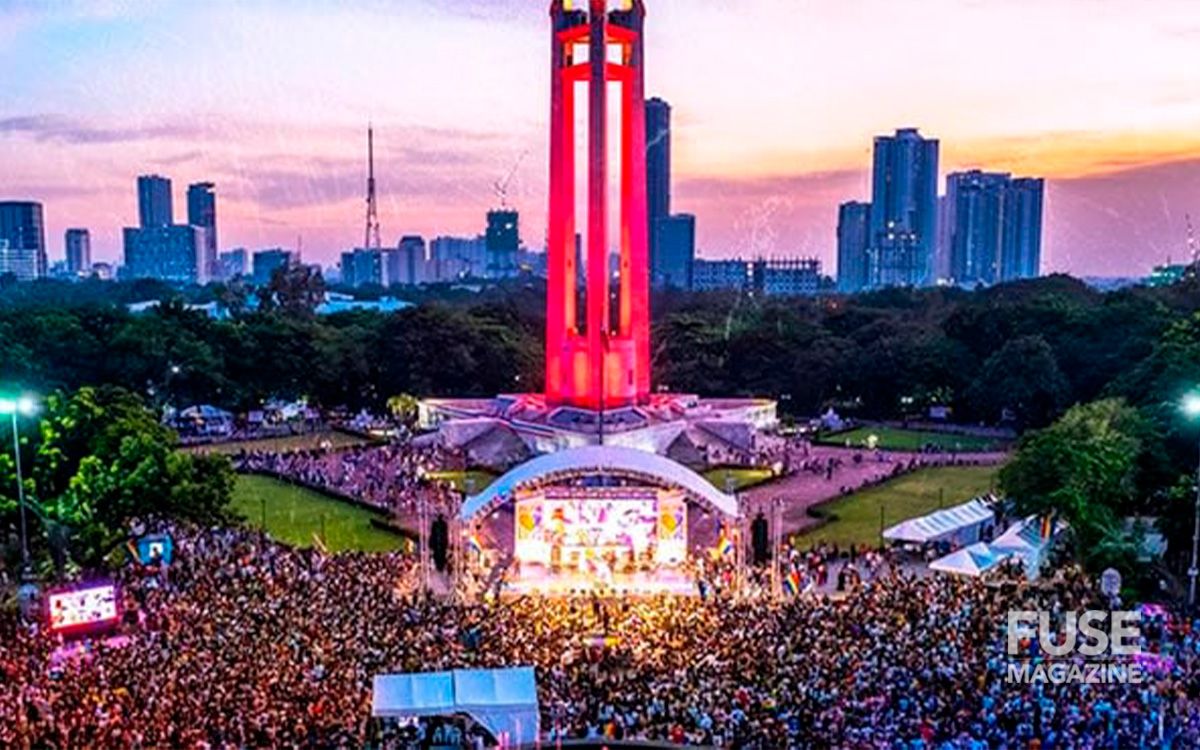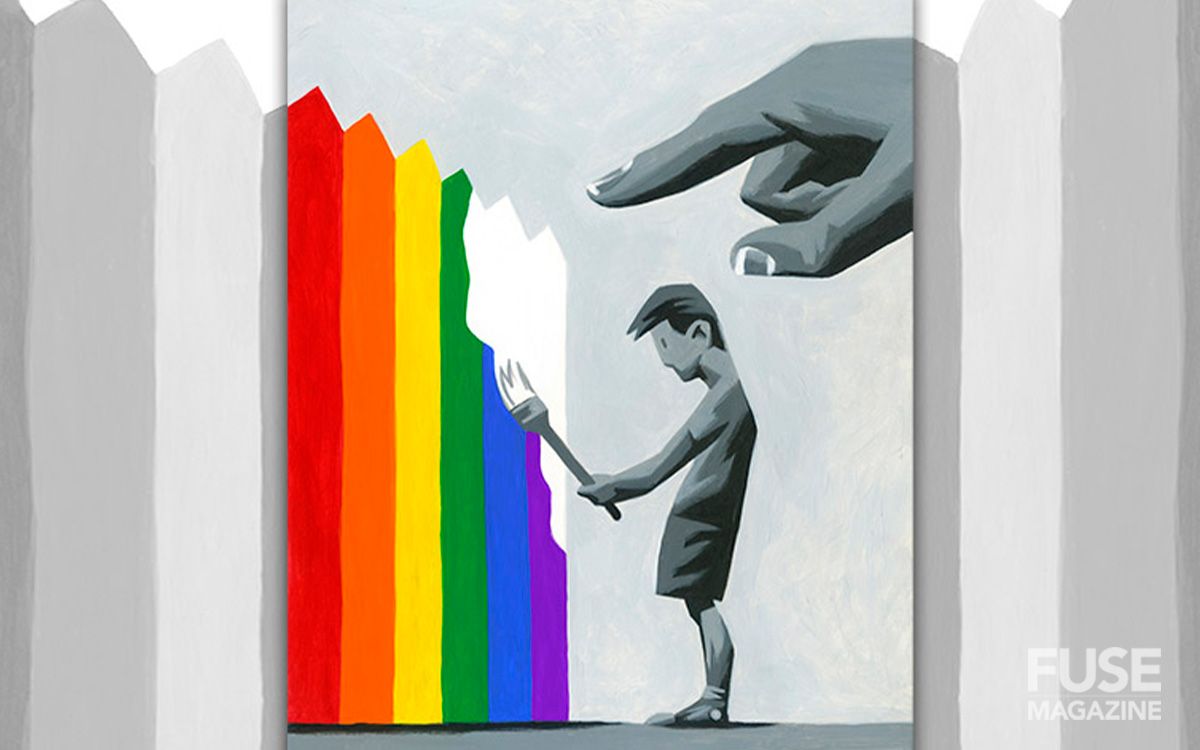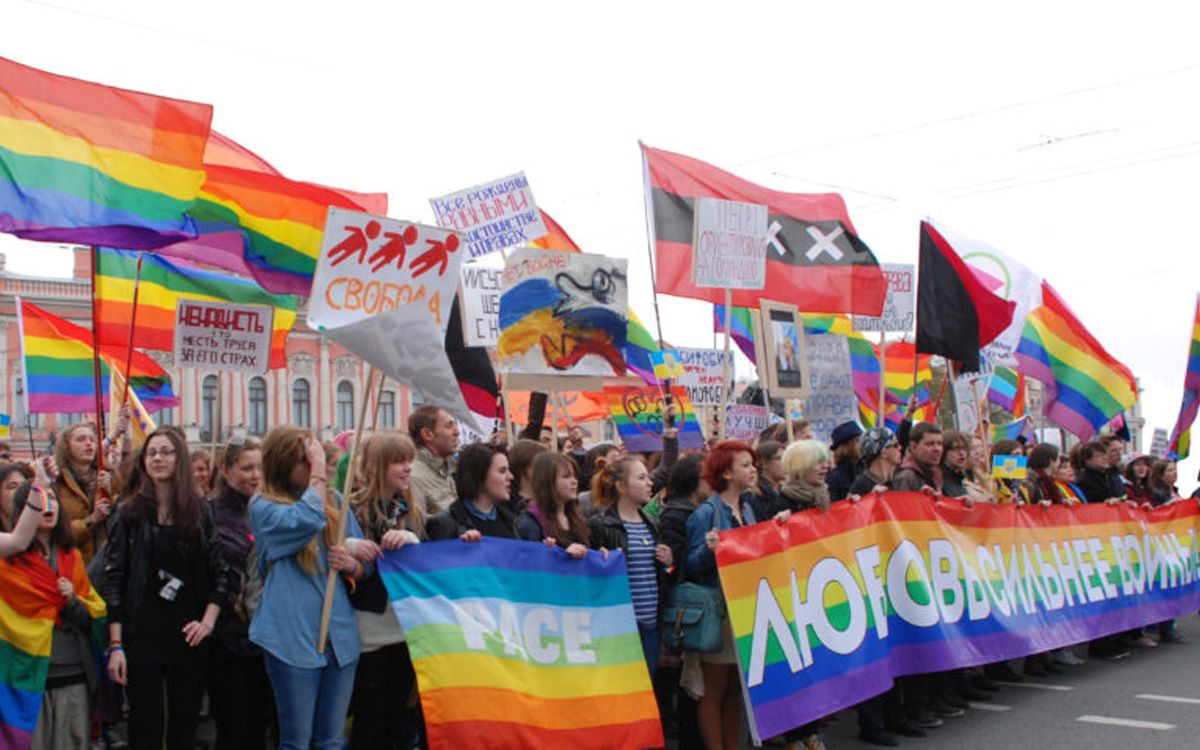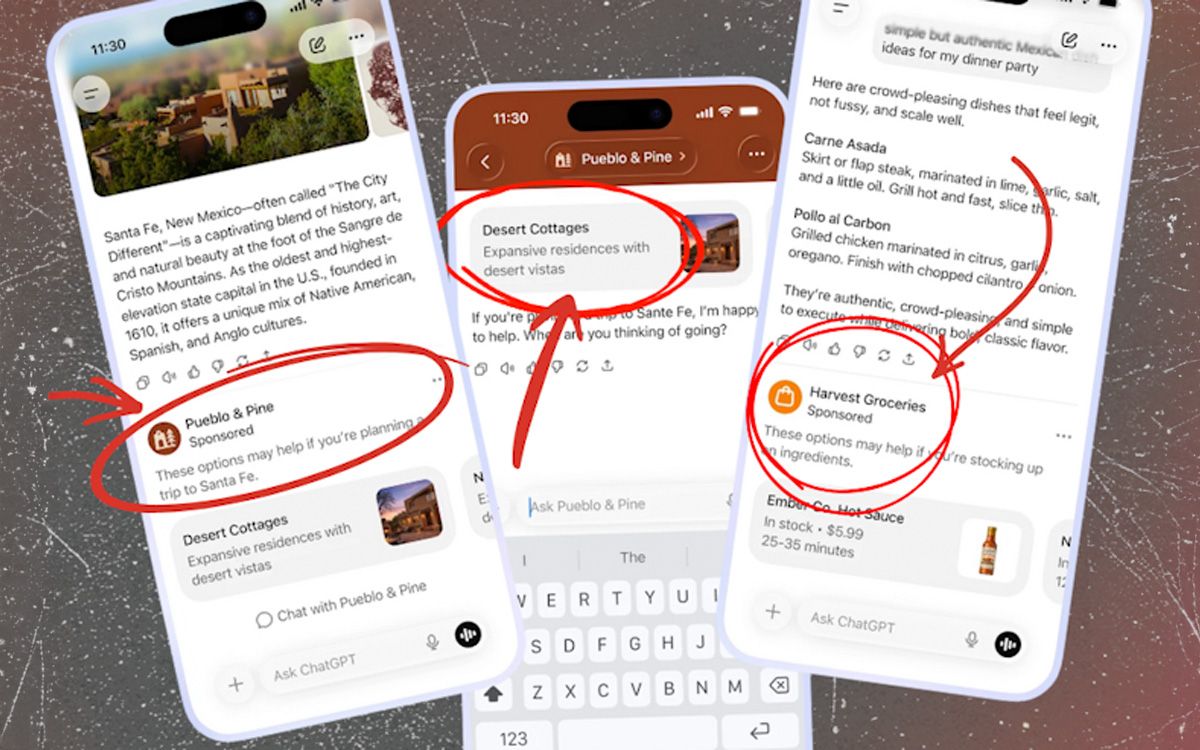Utah Bans Pride Flags in Schools and Government Buildings
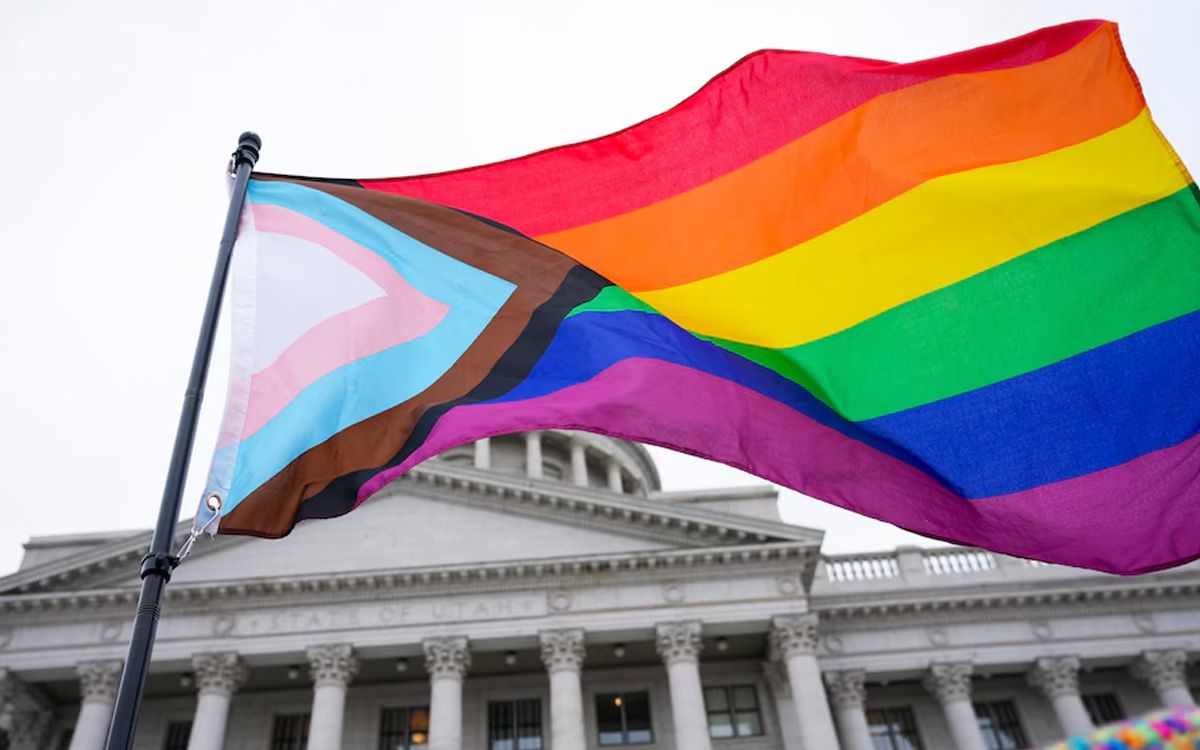
The new law by Utah republican lawmakers is set to take effect on May 7 2025, and will prohibit any flags not explicitly approved by lawmakers, including political flags and symbols associated with social movements. Institutions that violate the ban will face fines of $500 per day.
The law limits permissible flags to the United States flag, Utah's state flag, military flags, and a select few others, such as Olympic flags and Indigenous tribal flags.
Political slogans like "Make America Great Again" are also banned under the legislation. Governor Spencer Cox allowed the bill to pass without his signature, citing concerns that his veto would be overridden by the Republican-controlled legislature. While Cox expressed reservations about the law's impact, he stated that he supports its intent to maintain political neutrality in public spaces.
The ban has sparked tensions between Utah's conservative state government and its progressive capital, Salt Lake City. The city traditionally celebrates Pride Month each June with flag displays honouring its substantial LGBTQ+ community. In response to the ban, Salt Lake City officials have illuminated public buildings with rainbow lights as a form of protest.
Andrew Wittenberg, spokesperson for Salt Lake City Mayor Erin Mendenhall's office, confirmed that legal advisors are evaluating the law's implications. However, it remains unclear how the city will proceed once the ban is enforced.
Critics argue that the law disproportionately targets LGBTQ+ representation under the guise of promoting neutrality. Civil rights organizations have condemned the measure as an attempt to erase visibility for marginalized communities. Similar legislation is being considered in other states, including Idaho and Florida, signalling a broader trend of restricting political and social symbols in public spaces.
As Pride Month in the US approaches in June, legal challenges and protests are expected to test the limits of this new policy. For many Utahns, this ban represents another chapter in ongoing debates over LGBTQ+ rights and freedom of expression in conservative states.


